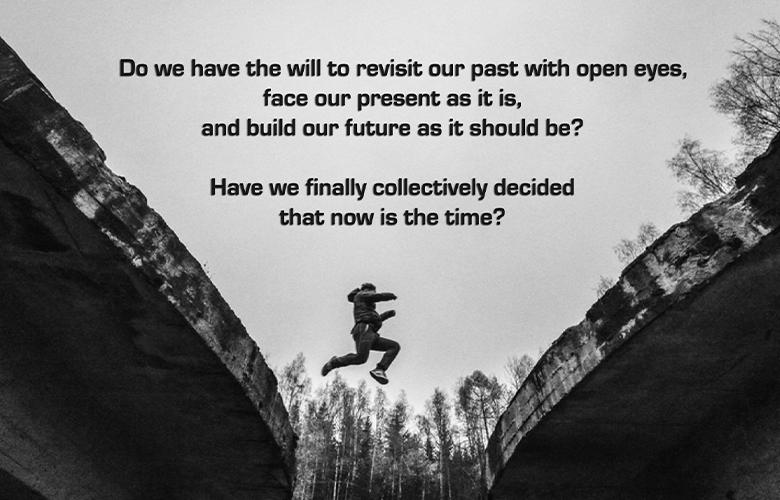
My path to anti-racist work required serious examination of my own biases as a white woman. In 1988, my white driver’s ed instructor Dan asked me, “Are you racist?” “Of course not!” He responded, “Would you date a Black man?” “No!” Dan responded: “You are racist!” At 21, I fell in love with Terrence, never thinking about his race. So, by Dan’s logic, does that mean I wasn’t racist because I dated a Black man?
At 23, I contributed to sending two Black men to prison; at 25, I married a white conservative police officer. In neither case did I consider race. Luckily one of Terrence’s lasting gifts had been to help me start on a path that led to the realization that colorblindness is fundamentally racist.
Early experiences like these and many others continue to shape me—a 48-year old white woman condemning racism. And I know, I will never be “done” learning what it means to advocate for the rights of those who have felt unsafe or unseen, been injured or killed, or received less than full access to all our horrendously inequitable systems.
In truth, each of us plays a role in perpetuating a society designed—often explicitly, more often implicitly—to privilege people who identify as white, able-bodied, male, and wealthy. If I refuse to see how I do this, I cannot advocate for a society where #BlackLivesMatter, where people of color do not have to teach their children to be wary of police officers, and where their physical and mental health are no longer so impacted by our inequitable society that their very lives are compromised. One common way we unknowingly maintain the status quo is by protesting racism and then going back to our lives feeling we did our part.
This current activism cannot be the end! As communities, we need to encourage and support each other to look inside. As communities desiring to become anti-racist, we must commit to long-term learning TOGETHER. The diverse communities with whom I work dig deep into historical foundations and seek alternative perspectives, while acknowledging our role in perpetuating whiteness. There are many resources, but here are a few I have found transformative to my learning and hope they inspire:
- The Half Has Never Been Told – A deeply moving and raw exploration of U.S. historical foundations from the lens of slavery
- The Souls of White Folk – African American perspectives on whiteness as a power construct
- Tears We Cannot Stop – Written for White Americans, a frank, powerful confrontation of hard truths to facilitate progress
- Democracy Matters – A book for the current time and place. Issues of domination, including race, are discussed as we are challenged to face our national “democratic” identity.
- Talking About Race – A website of resources from the National Museum of African American History & Culture to support conversations about race.
As you read, consider:
- Have you ever watched inequality unfold and not spoken up? What kept you from speaking up? What resources would have helped you to speak up?
- Identify key moments in your life when having had access to these perspectives could have informed your thoughts and actions? How might you apply these moving forward?
| Eden Badertscher is a mathematics educator whose work at EDC focuses on transforming the teaching and learning of mathematics for racial equity. She currently leads a project focused on ensuring STEM education in prisons is commonplace, accessible, and rigorous. |

Comments
Add new comment